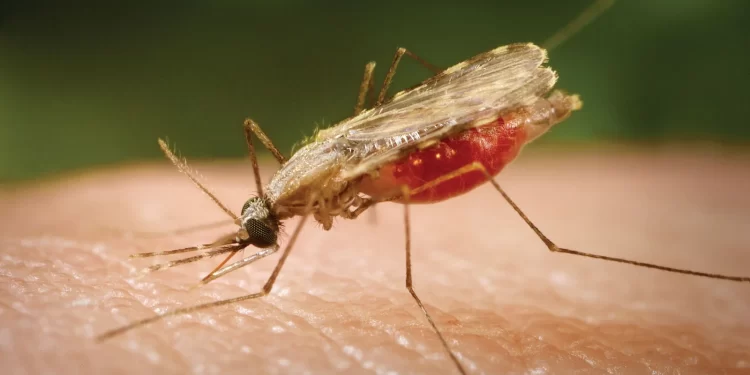Ghana has made substantial strides in reducing malaria-related deaths and infections, but health officials say the next stage of the fight requires a stronger collective effort from both public and private sectors.
According to the Ghana Health Service (GHS), malaria-related deaths have dropped significantly, from 2,799 in 2012 to just 146 in 2023, a remarkable achievement attributed to various prevention and intervention strategies.
The prevalence of malaria also saw a sharp decline, from 27.5% in 2011 to 8.6% in 2022.
These gains have been bolstered by increased malaria testing, with rates improving from 38% in 2012 to 98% in 2023, allowing for early detection and treatment.
Dr. Franklin Asiedu-Bekoe, Director of the Public Health Division at GHS, shared this data during a roundtable meeting on malaria elimination, organized by the National Malaria Elimination Programme (NMEP) in Accra.
Despite the positive progress, Dr. Asiedu-Bekoe emphasized that full malaria elimination will require a collective approach, engaging not only government agencies but also private sector involvement.
“Achieving malaria elimination needs a multisectoral collaboration,” she said, citing examples like Zambia, where private sector funding significantly supports mass drug administration efforts.
Traditional health practices also came into focus. Emeritus Professor Fred N. Binka, of the University of Health and Allied Sciences in Ho, underscored the importance of integrating traditional herbal practitioners into the malaria elimination efforts.
Read Also: NPA sets new price floors for petrol and diesel to combat undercutting
He called for the formation of a National Malaria Elimination Commission to coordinate and unite stakeholders, including private enterprises and traditional healers, under a common cause.
The roundtable discussion also featured proposals for a central organization to manage malaria elimination efforts.
Such a structure would streamline the efforts of individuals and organizations wishing to contribute to the cause, ensuring that support is organized and impactful.
Ghana’s achievements in malaria control have been remarkable, but experts at the meeting agreed that innovative approaches and collaboration with diverse sectors, including traditional and private entities, will be key to fully eliminating the disease in the country.























